What is the difference between earth, ground, and guard wire?
Electricity is everywhere—it powers the electronic devices we use, the lights in our homes, and even our favorite audio equipment, like record players. But while we enjoy our lives, a network of protective wires ensures the safe and reliable transmission of this electricity. Commonly used in this regard are ground, earth, and guard wires. While they may sound similar at first glance, they each play a unique role in modern electrical systems.
What Is an Earth Wire?
The earth wire, sometimes called the electrical earth wire, provides a low-resistance path for electric current to flow into the ground in the event of a fault.
- Purpose: Protects people from electric shocks by diverting leakage current safely into the earth.
- Everyday Example: In your home, the earth wire in a socket ensures that if a metal appliance (like a toaster or washing machine) accidentally becomes live, the excess electricity flows into the ground instead of shocking the user.
- Turntable Earth Wire: In audio systems, particularly vinyl turntables, an earth (or ground) wire is connected to the amplifier. This helps eliminate humming or buzzing sounds caused by electrical interference. It’s a practical example of grounding beyond just safety—it also improves sound quality.
Ground wire color: In many countries, earth wires are color-coded for easy identification. For example:
- Green/yellow striped in Europe
- Green or bare copper in the United States
What Is a Ground Wire?
The term ground wire is widely used, especially in North America, and often refers to the same concept as the earth wire. In fact, in everyday language, “earth” and “ground” are interchangeable. Both connect electrical systems to the actual ground (earth) to stabilize voltage and improve safety.
However, there is a subtle distinction in usage:
- Earth wire is more common in Europe and Asia.
- Ground wire or grounding wire is more common in the United States.
Practical Applications of Ground Wires:
- In household wiring, the ground wire ensures that electrical circuits are safe.
- In industrial settings, grounding protects expensive equipment from voltage surges and lightning strikes.
- In electronics, grounding stabilizes voltage references so that circuits work correctly.
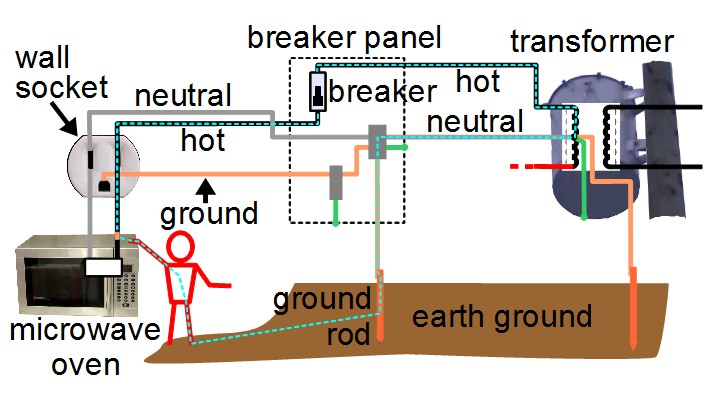
What Is a Guard Wire?
While earth and ground wires are often about safety and stability, the guard wire plays a different role.
- Definition: A guard wire is a conductor placed above overhead transmission lines to protect them from lightning strikes.
- Function: Instead of lightning directly hitting live conductors, the guard wire intercepts it and channels it safely to the ground.
- Everyday Analogy: Think of a guard wire like an umbrella—it shields the actual electrical lines below, keeping them safe from destructive forces.
Without guard wires, high-voltage transmission systems would be far more vulnerable to lightning damage, causing large-scale outages.
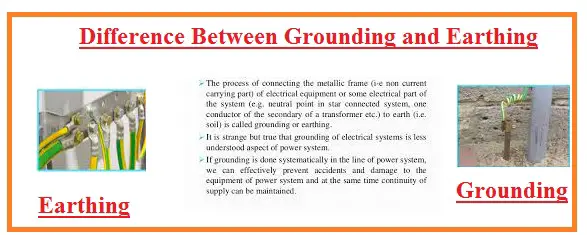
Key Differences Between Earth, Ground, and Guard Wire
Here’s a clear comparison to understand their unique roles:
|
Aspect |
Earth Wire |
Ground Wire |
Guard Wire |
|
Purpose |
Safety – redirects leakage current to prevent shock |
Safety & stability – protects circuits, people, and equipment |
Protection from external threats (lightning) |
|
Common Use |
Household appliances, sockets, turntables |
Homes, industries, electronics |
Overhead transmission lines |
|
Color Code |
Green/yellow (Europe), green or bare (US) |
Same as earth wire |
Not standardized (used mainly in power transmission) |
|
Region of Term Usage |
UK, Europe, Asia |
US, Canada |
Global (high-voltage systems) |
Everyday Scenarios
To see how these concepts affect our daily lives, let’s look at a few relatable situations:
- In the Kitchen: The earth wire in your kettle ensures you don’t get a shock if the heating element fails.
- In the Living Room: A turntable earth wire eliminates buzzing, letting you enjoy pure analog sound.
- During a Thunderstorm, Guard wires on transmission towers protect the power grid, preventing your lights from going out.
Why Does It Matter?
Understanding the difference between earth, ground, and guard wire isn’t just academic. It has real-world implications for:
- Safety: Preventing electrical accidents at home and at work.
- Performance: Ensuring appliances like turntables or audio systems deliver their best performance.
- Reliability: Protecting power grids and industries from lightning strikes and voltage surges.
The terms earth, ground, and guard wire may seem similar, but they serve unique roles in electrical engineering and everyday life.
- The electrical earth wire protects people from shocks.
- The ground wire stabilizes and secures electrical systems.
- The guard wire shields high-voltage lines from lightning.
Together, they create a safer, more reliable electrical world—from the sockets in your kitchen to the power lines stretching across continents.
So next time you hear a faint hum from your turntable or look up at power lines during a storm, you’ll know exactly how these invisible protectors are working behind the scenes.

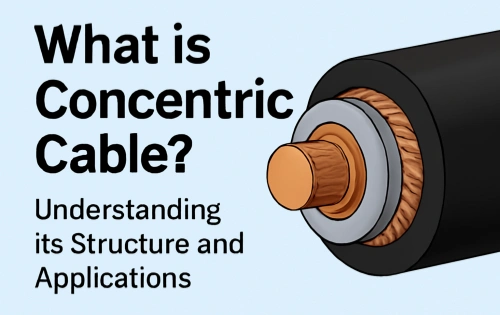
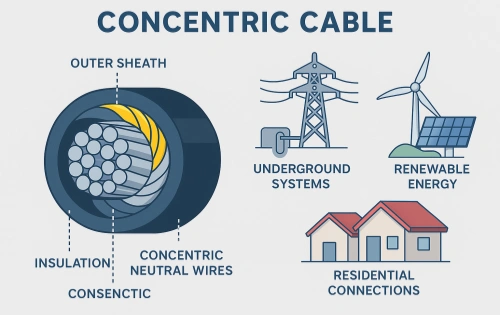

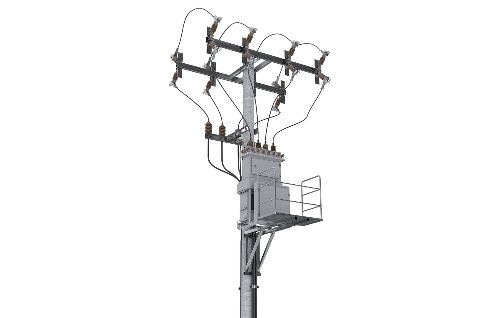
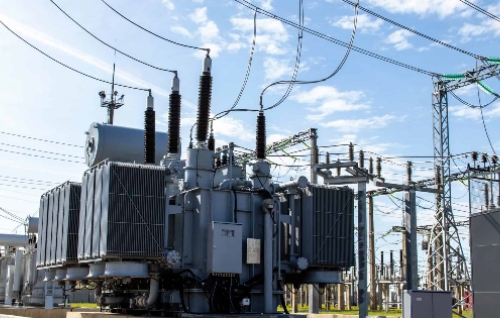

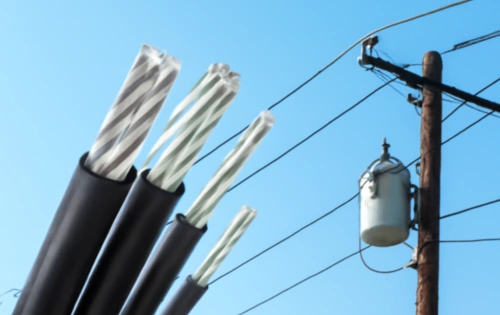

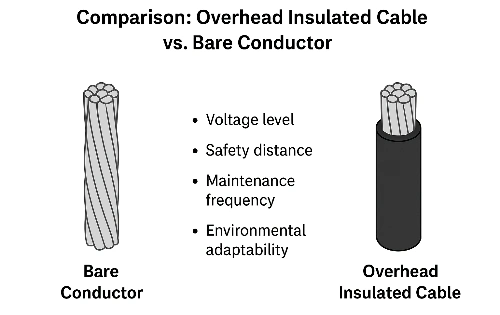
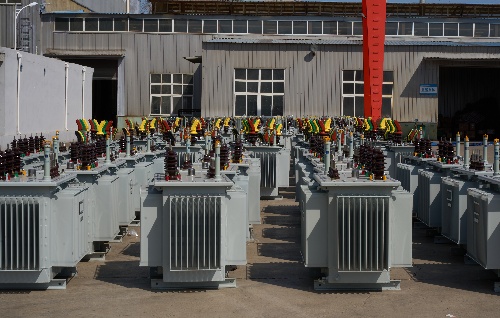
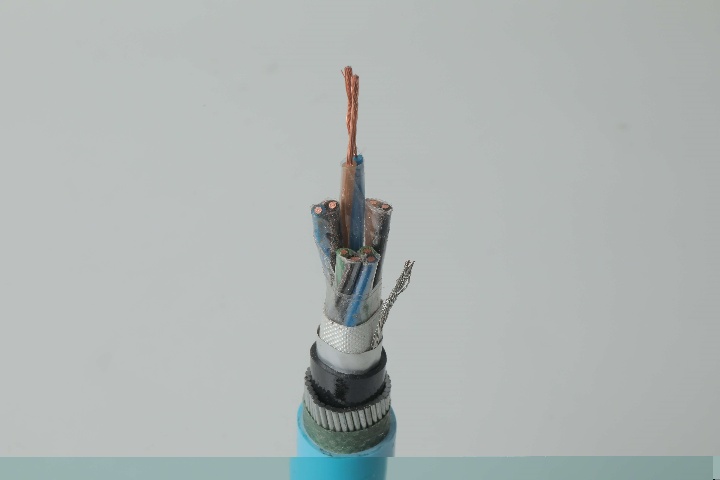
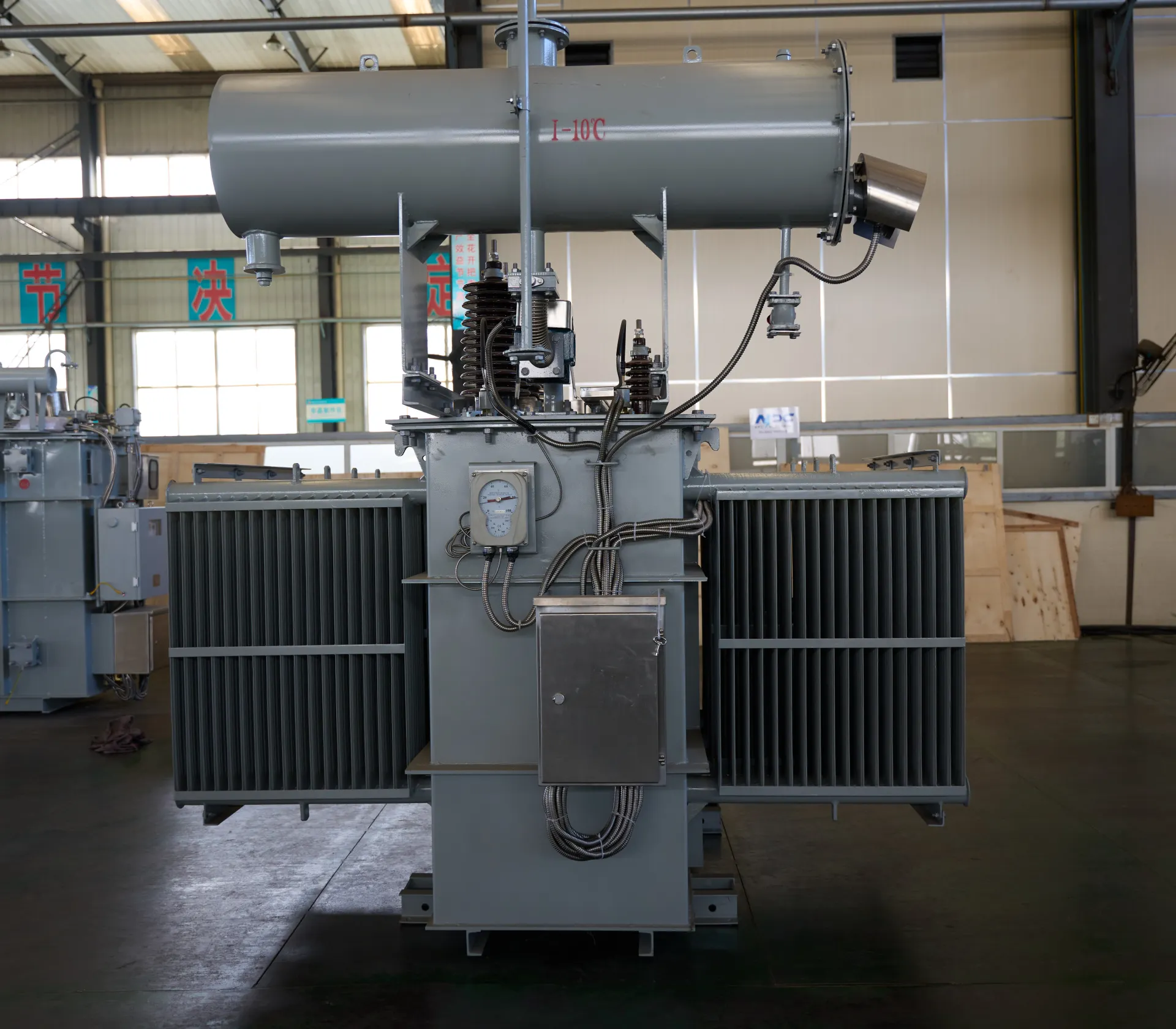
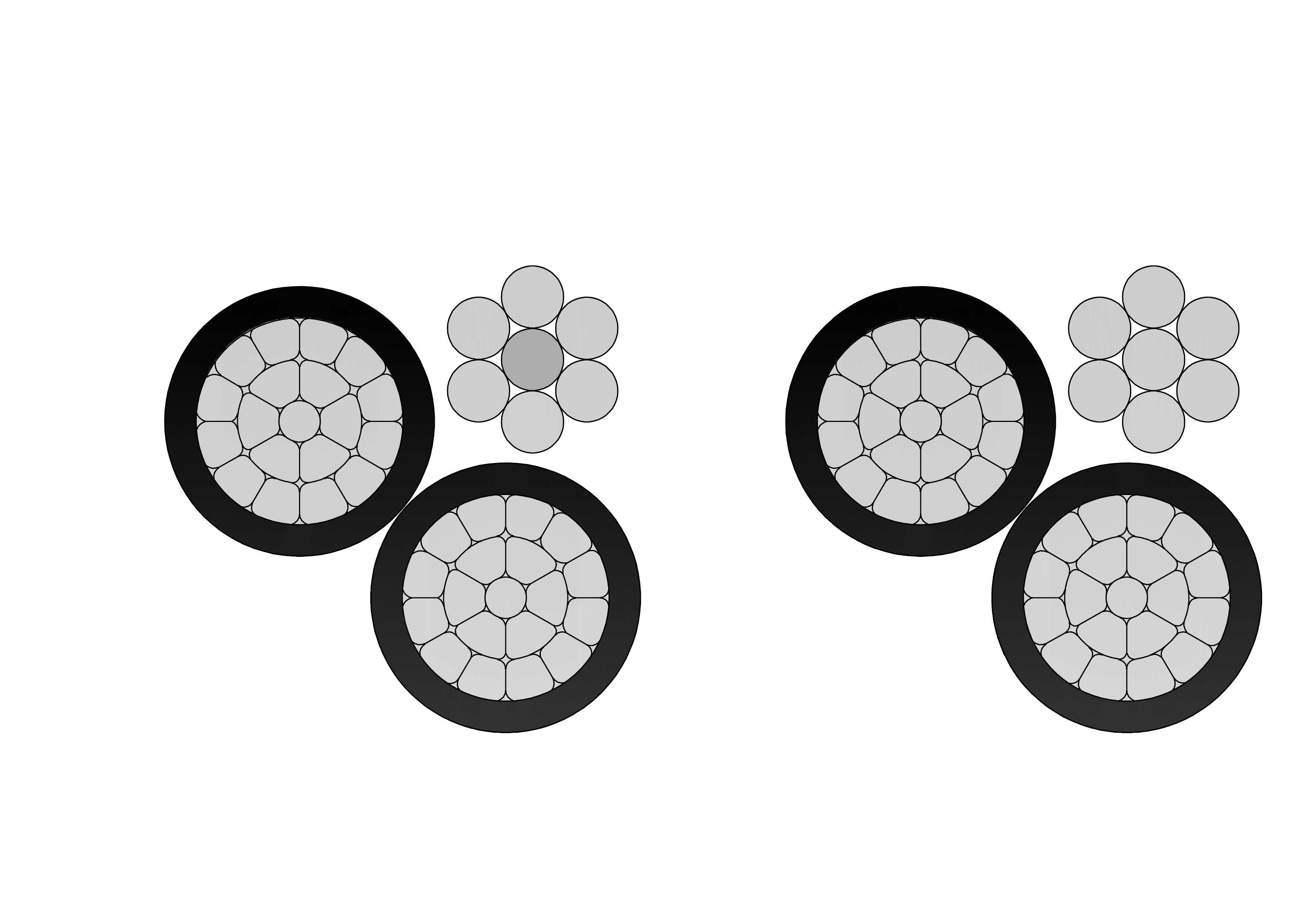
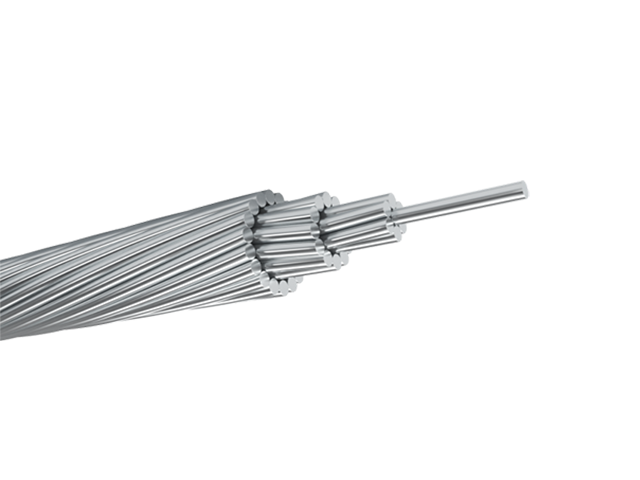

2Y-high-voltage-power-cable-2.webp)

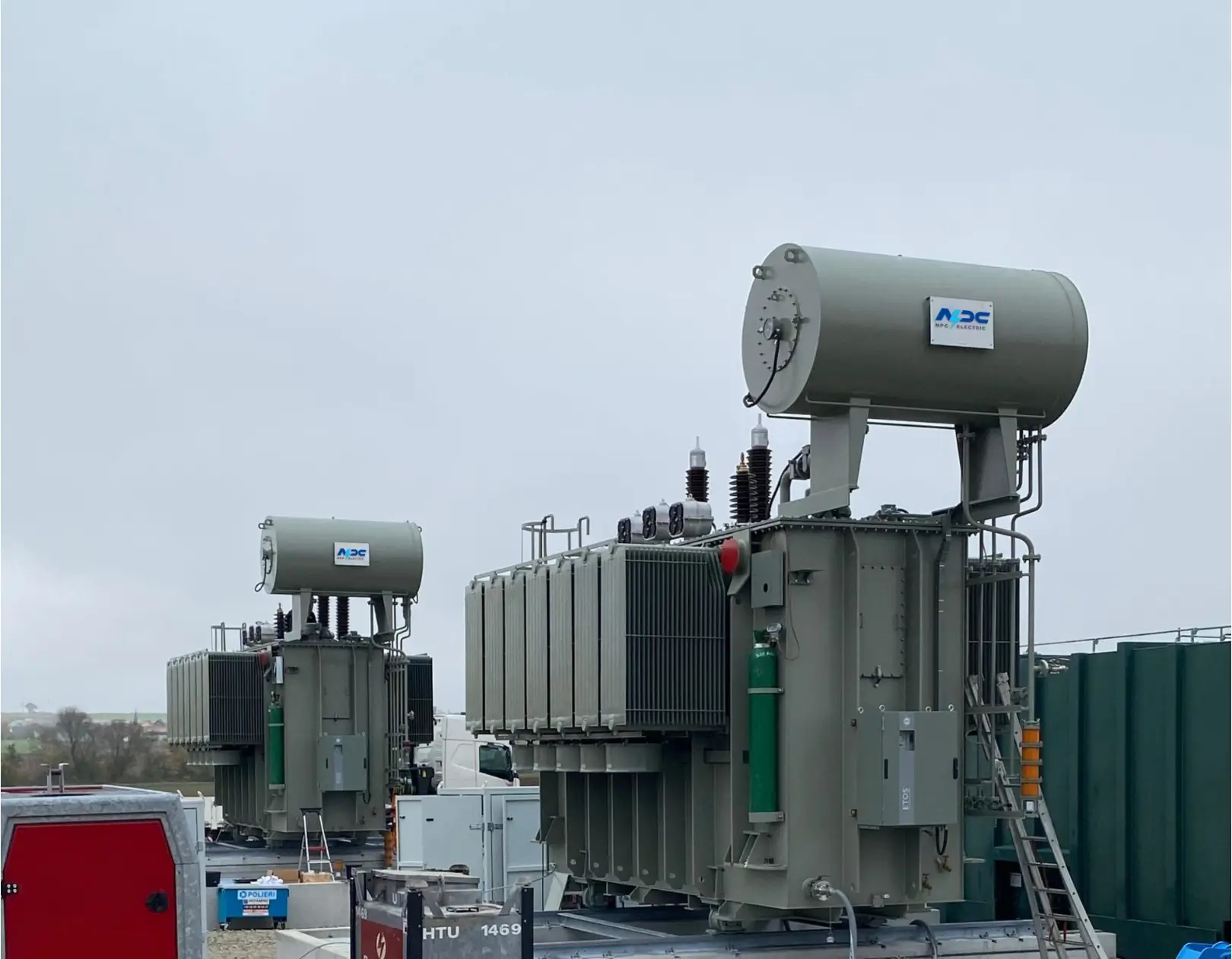
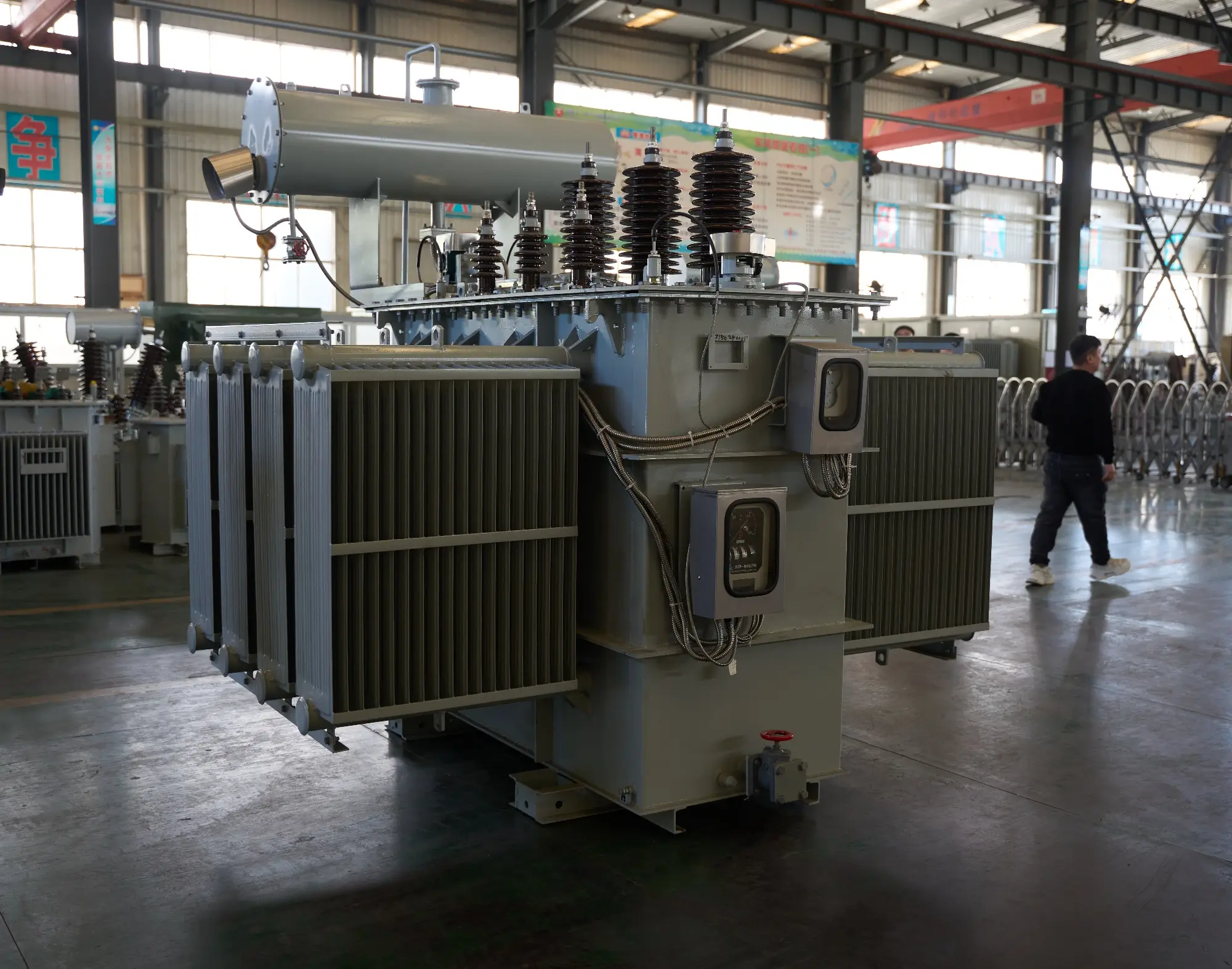

H-medium-voltage-power-cable-2.jpg)
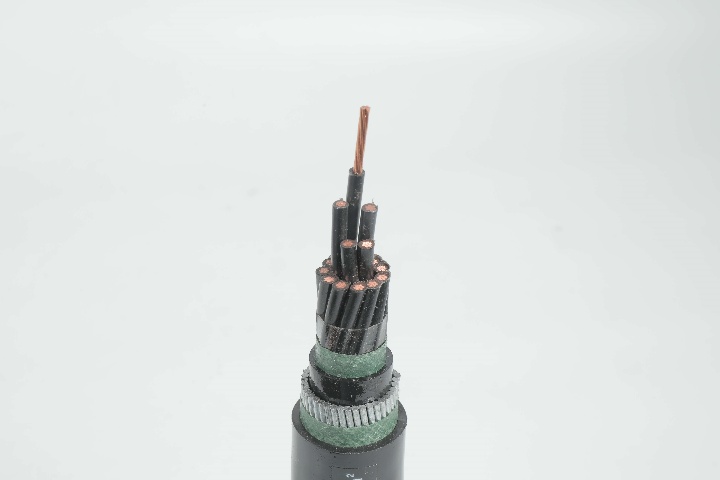
2Y-high-voltage-power-cable-2.webp)